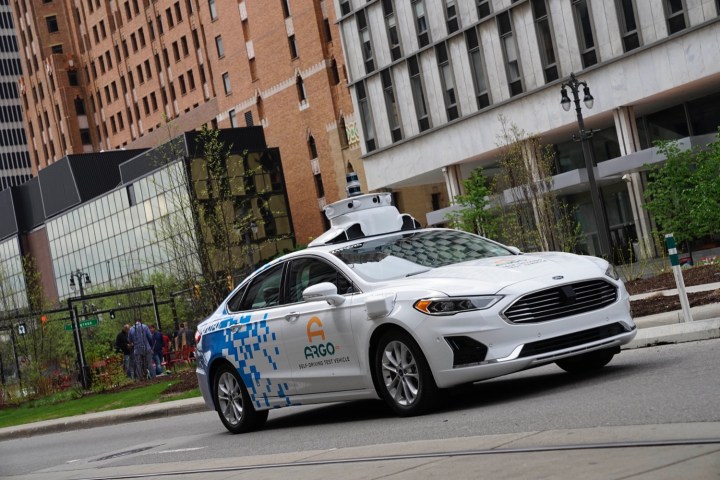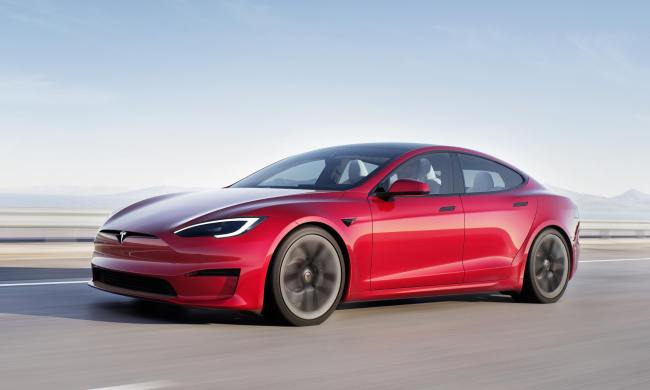
Ford has acquired a small, Michigan-based, company with experience in software and robotics to help aid its self-driving car development efforts. Quantum Signal will provide a simulation platform that will help Ford test autonomous-vehicle tech, Randy Visintainer, chief technical officer of Ford’s autonomous-vehicle division, wrote in a blog post.
Quantum Signal was founded in 1999, but has kept a low profile. The company previously developed software for the military to remotely control robotic vehicles from thousands of miles away, Visintainer wrote. The company also developed a simulation environment called ANVEL that allows for the virtual testing of automated systems, and has experience with the sensors that allow robotic vehicles to “see” their environment, according to Visintainer. All of this can be easily translated to self-driving cars, Visintainer noted.
Real-world testing of prototype self-driving cars may grab headlines, but simulation has become an important tool for engineers. Companies like Waymo use simulations to expose their autonomous-driving systems to scenarios they might not encounter in everyday driving, or to simply rack up miles more quickly than they ever could in real-world testing. In the real world, companies are limited by the size of their test fleets and the amount of time vehicles can spend on the road. They are also limited by the environment itself. Engineers have no control over what a car encounters. Simulation allows them to test systems against specific scenarios without having to wait for them to crop up in the real world.
Ford plans to use Quantum Signal’s simulation tech to test both autonomous-driving systems and the business model it plans to use to commercialize them, Visintainer wrote. That business model involves using autonomous cars in ridesharing and delivery services, rather than retail sales. Other companies have had the same idea, in part because it makes deploying self-driving cars easier. It gives companies more control over how self-driving cars are used, ensuring the technology isn’t pushed beyond its limits. It also allows companies to deploy large fleets of cars quickly, without having to convince people to buy them.
Ford has said it will launch a purpose-built self-driving car in 2021. The car won’t have a steering wheel or pedals, and will be beefed up for commercial use, similar to how a taxi or police car differs from a regular sedan. The acquisition of Quantum Signal is the latest in a series of initiatives by Ford to develop autonomous-driving tech. The automaker has bought or forged alliances with other companies, and has its own fleet of test vehicles operating in multiple cities.


